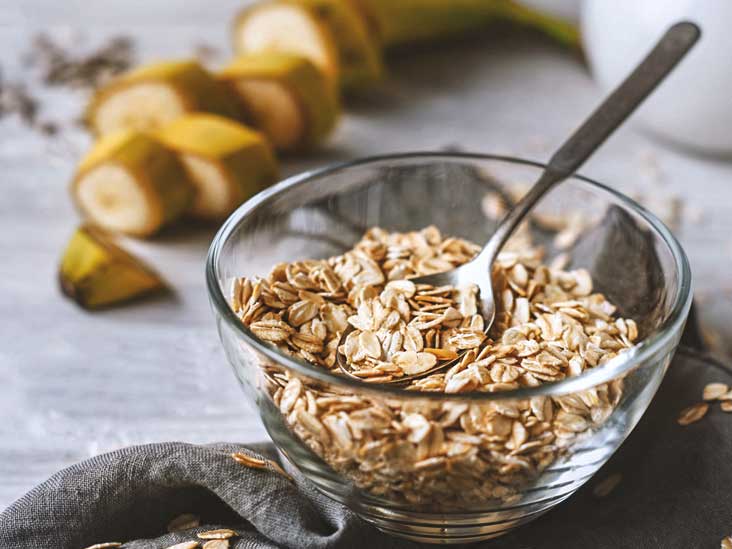Medically reviewed by Katherine Marengo LDN, R.D. — Written by Robin Madell — Updated on January 28, 2020
Diet and nutrition for GERD
Acid reflux occurs when there is acid backflow from the stomach into the esophagus. This happens commonly but can cause complications or troublesome symptoms, such as heartburn.
One reason this happens is that the lower esophageal sphincter (LES) is weakened or damaged. Normally the LES closes to prevent food in the stomach from moving up into the esophagus.
The foods you eat affect the amount of acid your stomach produces. Eating the right kinds of food is key to controlling acid reflux or gastroesophageal reflux disease (GERD), a severe, chronic form of acid reflux.
Foods that may help reduce your symptoms
Reflux symptoms may result from stomach acid touching the esophagus and causing irritation and pain. If you have too much acid, you can incorporate these specific foods into your diet to manage symptoms of acid reflux.
None of these foods will cure your condition, and your decision to use these specific foods to soothe your symptoms should be based on your own experiences with them.
1. Vegetables
Vegetables are naturally low in fat and sugar, and they help reduce stomach acid. Good options include green beans, broccoli, asparagus, cauliflower, leafy greens, potatoes, and cucumbers.
2. Ginger
Ginger has natural anti-inflammatory properties, and it’s a natural treatment for heartburn and other gastrointestinal problems. You can add grated or sliced ginger root to recipes or smoothies or drink ginger tea to ease symptoms.
3. Oatmeal
Oatmeal is a breakfast favorite, a whole grain, and an excellent source of fiber. A diet high in fiber has been linked with a lower risk of acid reflux. Other fiber options include whole-grain breads and whole-grain rice.
4. Noncitrus fruits
Noncitrus fruits, including melons, bananas, apples, and pears, are less likely to trigger reflux symptoms than acidic fruits.
5. Lean meats and seafood
Lean meats, such as chicken, turkey, fish, and seafood, are low-fat and reduce symptoms of acid reflux. Try them grilled, broiled, baked, or poached.
6. Egg whites
Egg whites are a good option. Stay away from egg yolks, though, which are high in fat and may trigger reflux symptoms.
7. Healthy fats
Sources of healthy fats include avocados, walnuts, flaxseed, olive oil, sesame oil, and sunflower oil. Reduce your intake of saturated fats and trans fats and replace them with these healthier unsaturated fats.











